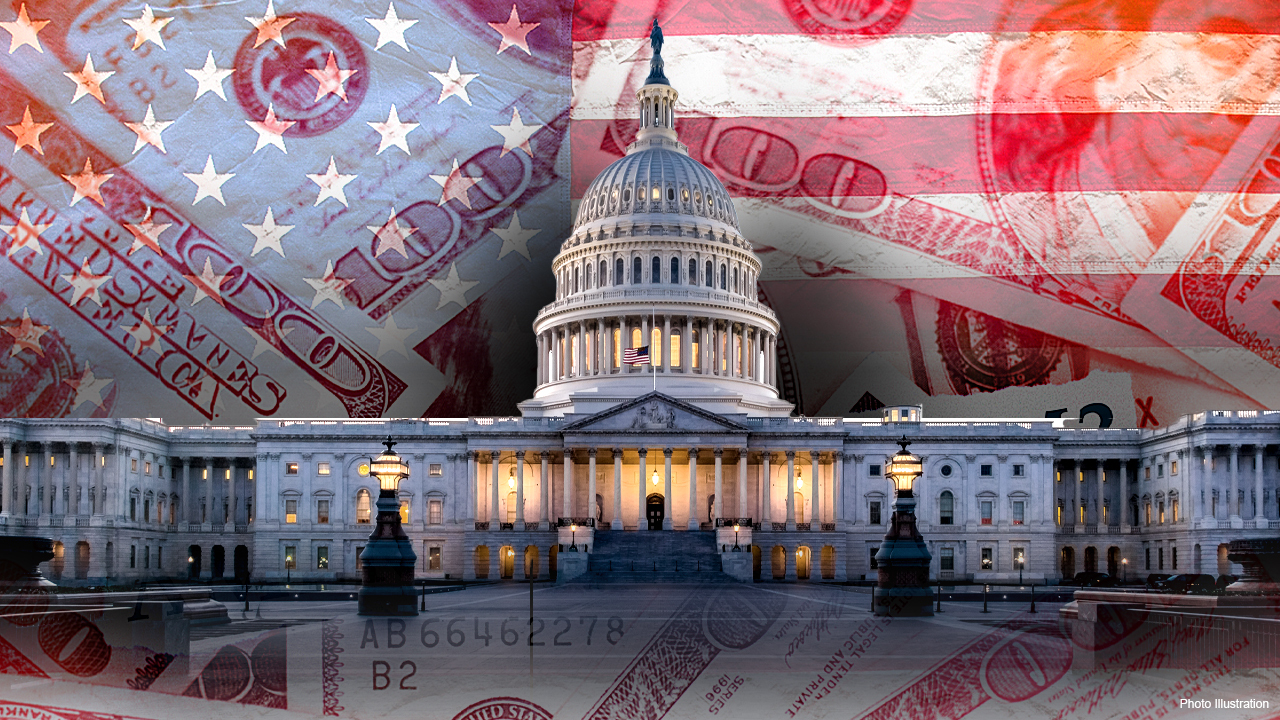Ukraine Introduces Entry Restrictions for Polish Citizens.
07.04.2025
2104

Journalist
Shostal Oleksandr
07.04.2025
2104

The Congressional Budget Office (CBO) recently published a long-term budget outlook, which indicates that the budget deficit will increase in the coming years, leading to a rise in national debt, which is expected to exceed the percentage of the U.S. economy.CBO's budget forecast projects that the publicly held national debt as a percentage of Gross Domestic Product (GDP), which is a metric economists use to compare debt to economic output, is expected to grow from 100% this year to 156% of GDP by 2055. This will be 50 percent higher than the previous record set in 1946, when the U.S. demobilized after World War II.The growth in national debt will be driven by an increase in the budget deficit from around 6.2% of GDP in 2025 to 7.3% by 2055 - significantly exceeding the average of 3.9% during the period from 1995 to 2024.Federal spending will continue to rise due to mandatory programs driven by Social Security and Medicare as the U.S. population ages. Social Security expenditures are expected to rise from 5.2% of GDP this year to 6.1% in 2055, while CBO forecasts that Medicare spending will grow from 3.1% to 5.8% of GDP by 2055.CBO found that Social Security's essential funds are expected to exhaust their reserves in less than ten years. The Old-Age and Survivors Insurance Trust Fund will be depleted by 2033, although this will occur a year later in 2034 if combined with the Disability Insurance Trust Fund.Once the Social Security fund is exhausted, there will automatically be a reduction in benefits for recipients, which CBO estimates at 24% in 2034. To put this in perspective, the Social Security Administration noted that the average monthly retirement benefit in January 2025 was $1,976, and if monthly benefits are cut by 24%, that would equate to a reduction of $474 per month.The Medicare hospital insurance fund is projected to be depleted by 2052, after an improved outlook due to reduced projected expenditures and increased expected income, although forecasts are sensitive to economic conditions and very uncertain.Another significant reason for rising expenditures is the growing cost of interest on the debt, projected to increase from 3.2% of GDP this year to 5.4% by 2055, as the national debt continues to rise. CBO predicts that by 2045, the average interest rate on the national debt will surpass the growth rates of the U.S. economy.Slow GDP growth is anticipated in the coming years, with real, inflation-adjusted GDP expected to decline from 2.8% last year and 2.1% in 2025 to 1.4% by 2055. CBO states that 'the slowdown in production growth is attributed to slow increases in the size and productivity of the labor force, partly due to increased government borrowing'.CBO added that population growth has a 'significant impact on the economy' and without immigration, the U.S. population is projected to start declining by 2033.The CBO report also notes that its forecasts are based on previous demographic, economic, and budget forecasts published between November and January 6, and do not reflect administrative actions or court decisions made afterward that affect immigration, tariffs, and other policy matters.The nonpartisan organization 'Peter G. Peterson Foundation' (PGPF) warned that the CBO report highlights risks to the fiscal trajectory of the U.S. government, which may increase the risk of a financial crisis and other negative economic consequences as debt becomes heavier.'The risk of a financial crisis - that is, a situation where investors lose confidence in the value of U.S. government debt - will increase. Such a crisis would lead to a sharp rise in interest rates and other disruptions,' PGPF writes. - 'The likelihood of other adverse outcomes will also increase. For example, expectations of rising inflation could undermine confidence in the U.S. dollar as the dominant global reserve currency.'The Committee for a Responsible Federal Budget (CRFB), a nonpartisan budget monitoring organization, warned that 'high and rising debt and deficits will have many negative consequences for the budget and the economy, including slow revenue growth, higher interest rates and debt payments, increased geopolitical risks, an excessive burden on future generations, limited fiscal space to respond to emergencies, and increased risk of financial crisis.''Time is running out, what was once a problem for the future is urgently becoming today’s problem,' said CRFB president Maya MacGuineas. 'We need to break free from this fiscal complacency and do the important work of budgeting, getting our fiscal house in order, and ensuring our country’s future.'For more information, click on the link.
Read also
- Monetary assistance for injury or death of a serviceman: the main mistake named by the TCC, due to which payments are delayed
- Pensions in Advance: Some Ukrainian Pensioners Will Receive Payments for 6 Months at Once
- The general assessed how the 'Spider' operation changed the conditions of the war
- Thousands of Ukrainians risk losing financial assistance: who will lose the pension and aid supplement
- ISW revealed what will make Putin change his perception of the war and sit down at the negotiating table
- Molotov Cocktail for Putin: Nauseda said how Merz failed with threats to Russia










